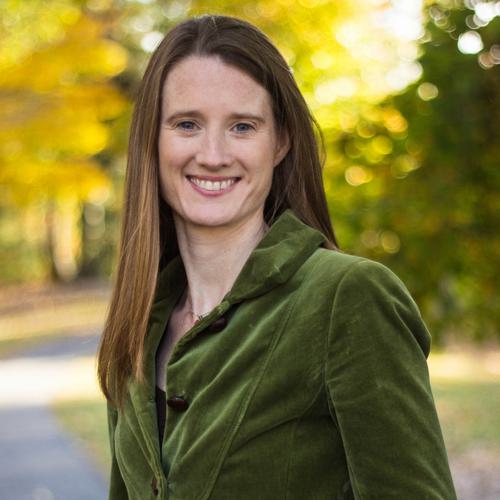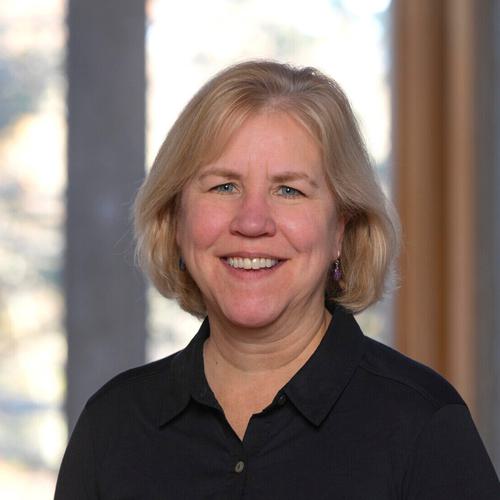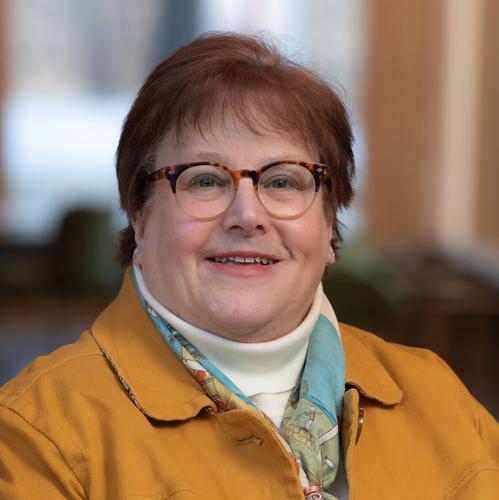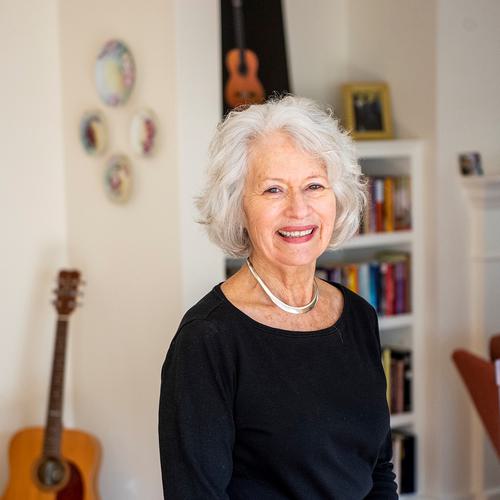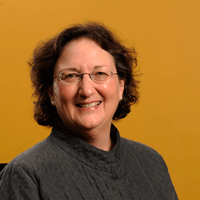Writing
Academic Program Introduction
Writing is a powerful tool for building knowledge and engaging with the world. All students take one semester of First-Year Writing (FYW), working closely with faculty who offer a lively, practical introduction to college-level academic writing. Courses are designed around a wide array of inspiring topics, and they provide a supportive community in which students share their ideas, practice writing and revision, conduct research, and develop speaking and presentation skills.
Beyond FYW courses, the program offers an advanced writing workshop and tutorial as well as a selection of upper-level writing courses. It also operates a thriving peer writing-tutor program.
Learning goals
Students who have completed a first-year writing course will be able to:
- Approach writing as an evolving process that requires brainstorming, drafting, sharing, reflecting, and revision.
- Understand the mechanisms of sentence structure and writing design that produce precise and reader-friendly prose.
- Write with an attentiveness to genre, medium, and audience.
- Make appropriate choices regarding language, register, evidence, and argument.
- Locate, analyze, and evaluate different types of sources, and integrate them into evidence-based writing.
- Write with purpose and have a stake in their ideas.
Research highlights
-
In Expanding Natick History (2022–2023), a project directed by Associate Teaching Professor Erin Battat in partnership with the Natick Historical Society, students researched the colonization of the town of Natick, created public activities at the Natick Farmers Market, and facilitated conversations with local residents about the past and how it is remembered today.
-

Associate Teaching Professor Heather Corbally Bryant recently published her 11th collection of poetry, The Coffin Makers (Finishing Line Press, 2023).
-

Associate Teaching Professor Justin Armstrong’s book Anthropology, Islands, and the Search for Meaning in the Anthropocene was published by Routledge in 2022.
Course highlights
Say Less, Do More: How Communities Are Built
WRIT166
-
True Stories: Ethnographic Writing for the Social Sciences and Humanities
WRIT277
Do you like to "people watch"? Do you wish you could translate your real-world experiences into narratives that are readable and relatable, and also intellectually rigorous? If so, you probably have an ethnographic writer hiding somewhere inside you, and this class will give them the opportunity to emerge. Ethnography, a “written document of culture,” has long been a key component of a cultural anthropologist’s tool-kit, and scholars in other fields have recently begun to take up this practice. We will read classic and contemporary ethnographies to better understand the theoretical and practical significance of these texts. Students will also have the unique opportunity to be the authors and subjects of original ethnographic accounts, and at various stages in the semester they will act as anthropologists and as informants. Although this course will emphasize an anthropological method, it is appropriate for students from various disciplines who are looking to expand their research skills and develop new ways to engage in scholarly writing. -
Writing in the Distracted Age
WRIT116
We are living in an age of unprecedented access to information and have the means for immediate communication, thanks to advances in technology. Connecting to this virtual, ceaselessly changing world, however, often means turning away from the physical realm and prioritizing immediate reaction over thoughtful reflection. In this interdisciplinary course, we will investigate the boundless opportunities, and the real challenges, of living and writing in the age of distraction. How do we understand one another and ourselves as we toggle between the virtual and physical worlds? How do we create meaningful ideas and united communities? How does the reading and writing we do in the classroom inform what we read and write on social media, and vice versa? Students will consider these questions as they study literature, art, psychology, and technology, and as they explore both virtual spaces and physical ones, including the Wellesley campus and other area locales.. This course will provide students extra academic support as they make the transition to writing at the college level. It is appropriate for students who did not do much academic writing in English in high school, or who lack confidence in their writing.
Opportunities
-
Writing tutors
Students of all class years can meet with trained peer tutors to discuss any aspect of their writing or the writing process. Rising sophomores, juniors, and seniors may apply to work as a tutor and contribute to the strong writing culture at Wellesley.
-
Internships
The Writing Program and the Department of English and Creative Writing jointly sponsor funded summer internships at Slate, W.W. Norton & Company, Maven Screen Media, Calligraph, and Speculum.
-
Prizes
The Writing Program recognizes excellence through awards for first-year writing, and writing in the sciences, social sciences, and arts and humanities. These awards are generously endowed by the Three Generations Fund. The program also administers the Rebecca Summerhays Award for Growth in Writing.
106 Central Street
Wellesley, MA 02481

